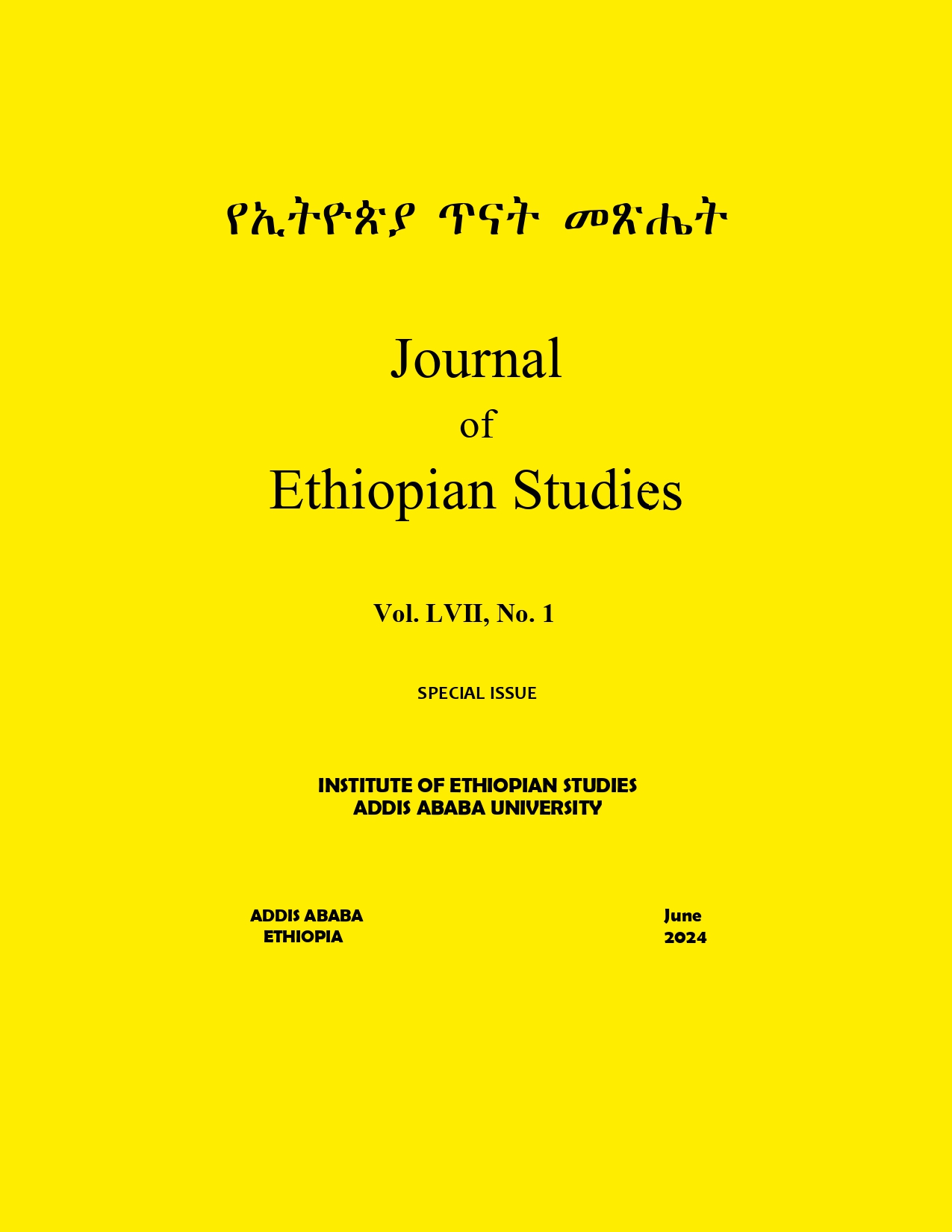“Am I not a king’s son?” A Previously Unpublished Letter Sheds New Light on the Manner in which Prince Alämayähu faced the Dilemma of his Ambiguous Status as an Exile in Britain in 1879
Abstract
Contrary to popular assumptions, Däjazmač (or, as he was known internationally, Prince) Alämayähu, exiled son of Emperor Tewodros (r. 1855-1868), and heir to the Ethiopian throne, had no difficulty adjusting to the life of the British aristocracy. Despite the trauma of the siege of Mäqdäla, the death of his father, the loss of his birth-right as a result of inglorious British military plunder, and the untimely and tragic death of his mother on the unremittingly cold and damp trek to the coast shortly afterwards, Alämayähu’s resilience was remarkable. His capacity and determination to maintain his princely status was manifest just a few weeks later, when General Robert Napier, who had commanded the British troops at Mäqdäla, thought to amuse the young boy by throwing him a ball to catch while on the deck of troop carrier HMS Urgent, en route from Alexandria to Malta. Asked by Napier why he had not run for the ball, Alämayähu explained that it was below his dignity: “Am I not a king’s son, why should I go and fetch it?” And a few weeks later, at the suitably grand manor house on the Isle of Wight where he lived and rode to hounds, the seven year-old reprimanded his adoptive grandparents for suggesting that they should drop the term ‘Prince’ when they addressed him. “A king’s son is always a prince”, he solemnly reminded them.


